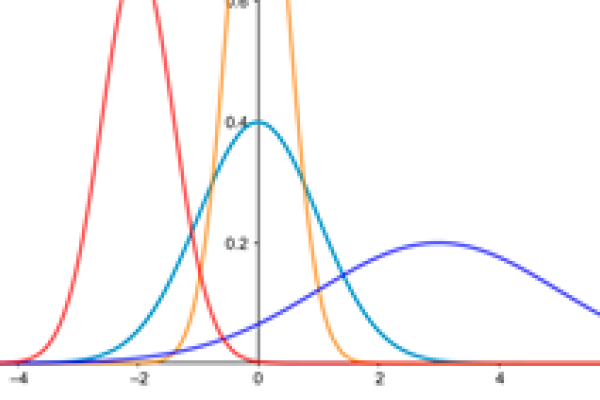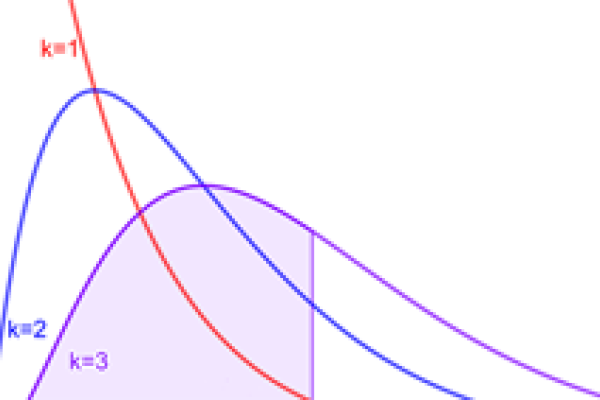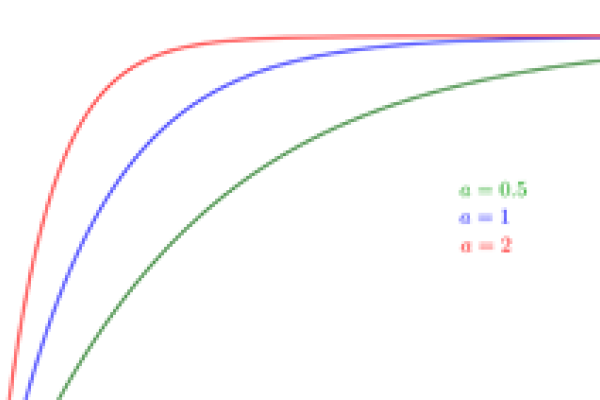Article


Maths in a minute: Topology
When you let go of the notions of distance, area, and angles, all you are left with is holes.
Want facts and want them fast? Our Maths in a minute series explores key mathematical concepts in just a few words. From symmetry to Euclid's axioms, and from binary numbers to the prosecutor's fallacy, learn some maths without too much effort.

When you let go of the notions of distance, area, and angles, all you are left with is holes.









How does water, or indeed any fluid, move? The Euler equations let us look beneath the surface and mark the beginning of modern fluid dynamics.
